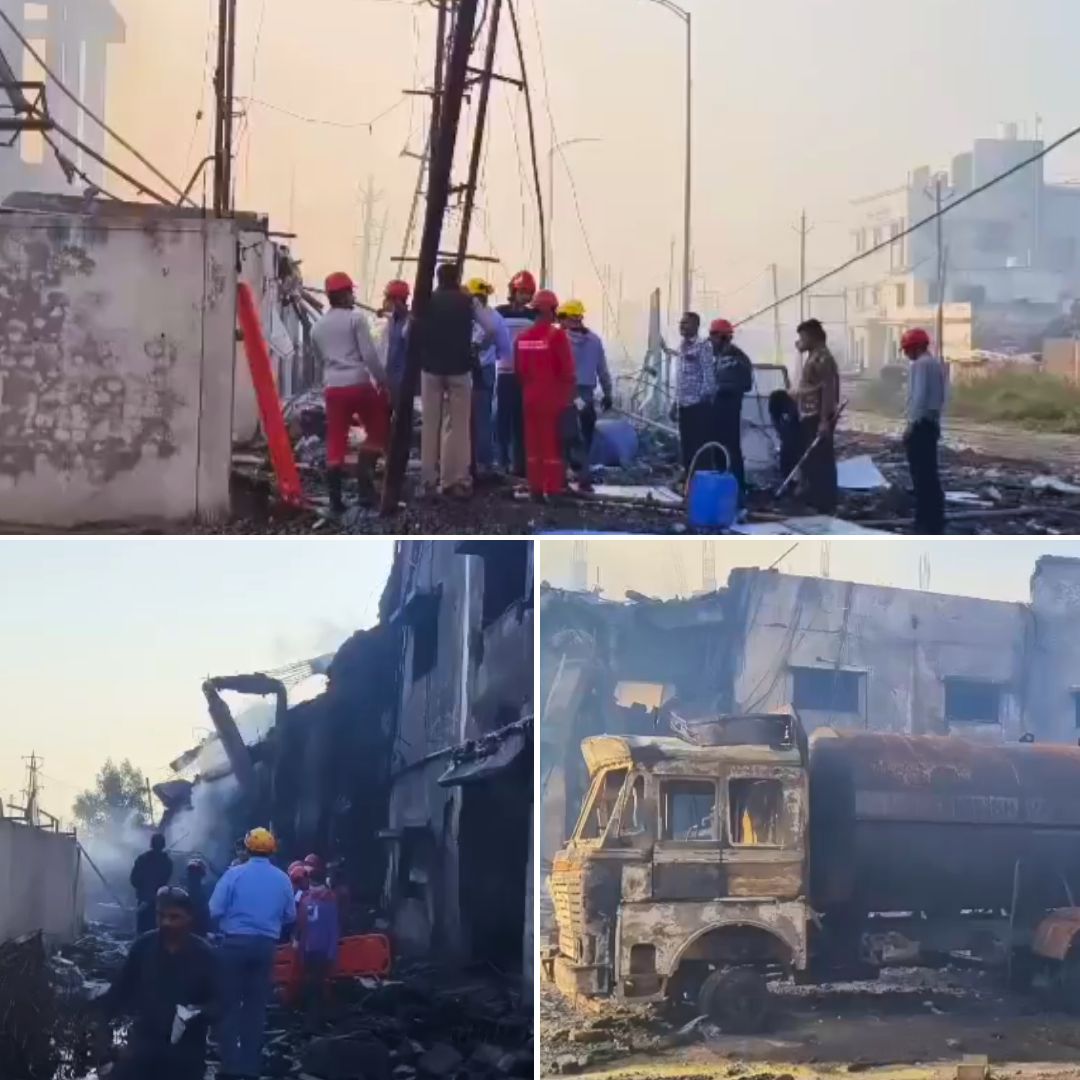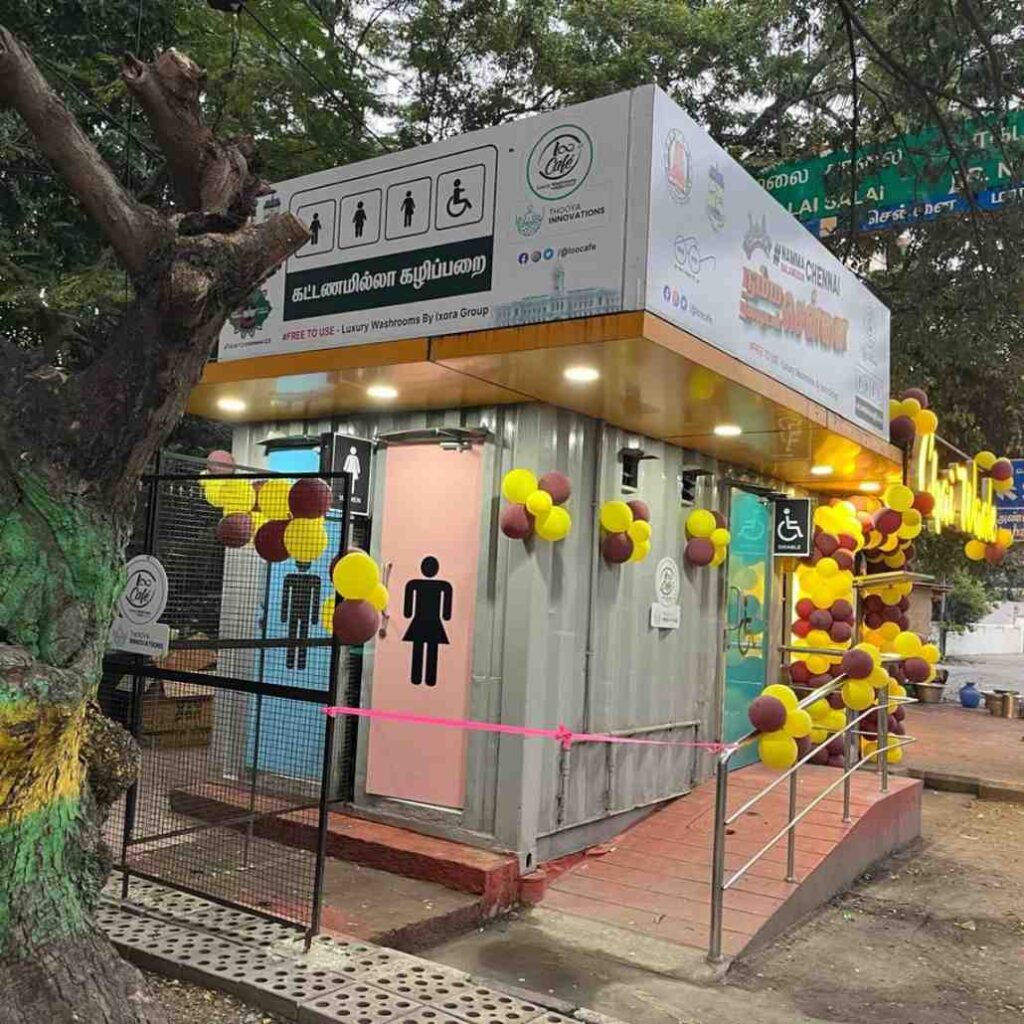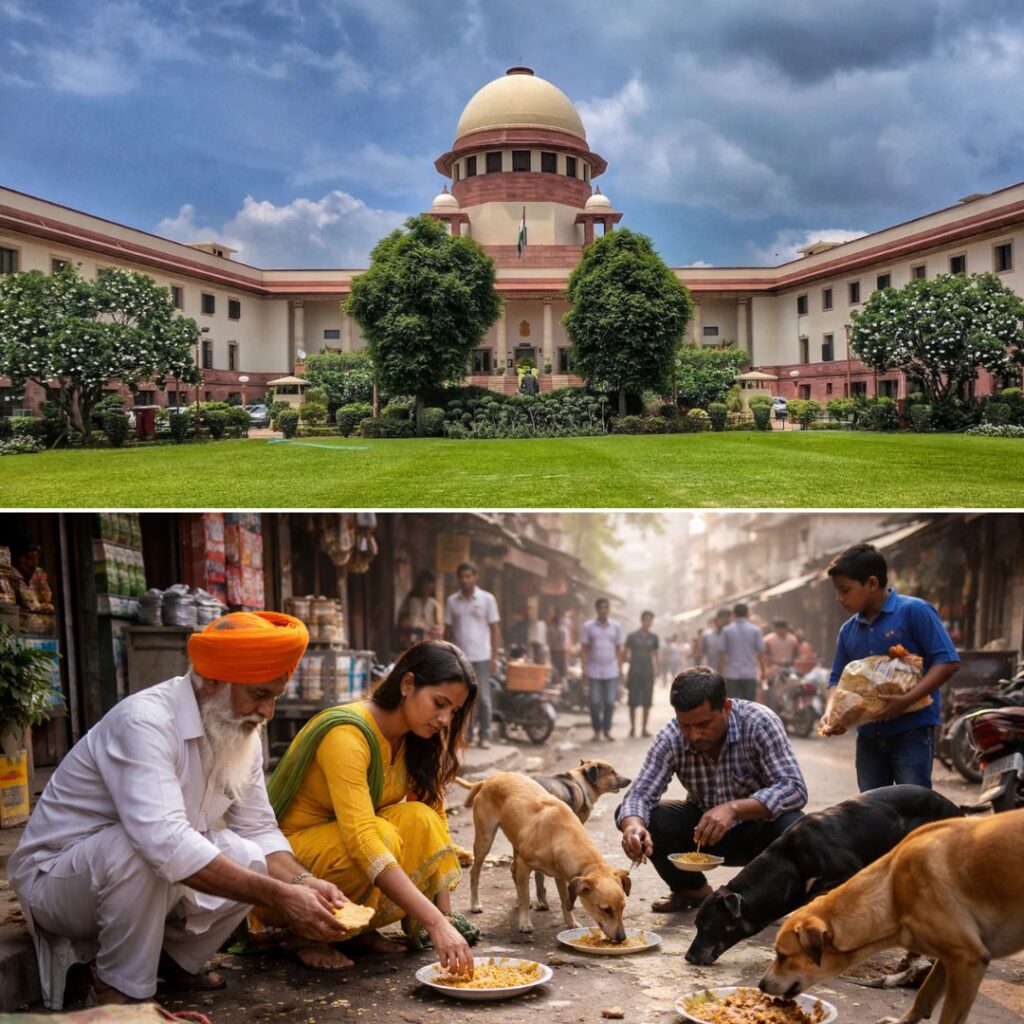A powerful boiler explosion at a pharmaceutical factory in Saykha GIDC industrial estate, Bharuch district, Gujarat, has left three workers dead and about 25 injured.
The devastating blast occurred early on the morning of November 12, 2025, triggering a massive fire that engulfed the factory premises and caused extensive damage to neighbouring industrial units.
Rescue operations by fire brigade and police continued for several hours as efforts were made to douse the fire, treat the injured, and locate any missing workers.
Authorities have launched a thorough investigation to determine the cause of the accident, with preliminary findings raising questions about safety compliance and operational permissions.
Catastrophic Explosion and Immediate Aftermath
The explosion occurred around 2:30 to 3:00 am inside the WK Pharma factory, where approximately three tonnes of toluene were reportedly being handled. Toluene is a highly flammable solvent widely used in pharmaceuticals, which contributed to the intensity of the blast and subsequent fire.
District Collector Gaurang Makwana described the force of the explosion as so severe that it caused the collapse of large sections of the factory building, damaging adjacent units and shattering glass panels in four to five nearby factories.
While most workers managed to evacuate quickly, three were trapped inside the debris, two of whom were later found dead. In total, 25 individuals were injured, many seriously, and were admitted to the Bharuch government hospital for treatment of burn injuries and other trauma.
Firefighters battled the blaze for nearly 90 minutes before bringing it under control, but the scale of destruction underscores the enormous challenge faced by emergency responders.
Investigation and Safety Concerns
The tragedy at Saykha GIDC has sparked widespread concerns over industrial safety standards in Gujarat’s pharmaceutical and chemical hubs. The Directorate of Industrial Safety and Health (DISH) immediately dispatched a technical team to the site to conduct an inquiry into the cause of the explosion.
Officials are scrutinising whether WK Pharma possessed the necessary licences and permissions to operate, amid allegations that the factory was functioning without proper permits.
The Gujarat Pollution Control Board is also investigating possible lapses, focusing on safety protocols around handling hazardous chemicals and boiler maintenance. Local villagers have raised alarms about recurring safety violations, highlighting that this is not the first incident in the region’s fast-expanding industrial estate.
Similar accidents in recent years-including a fertilizer factory fire in September 2025 and a storage tank blast in Ankleshwar in late 2024-have exposed systemic weaknesses in monitoring and enforcement.
Human Impact and Community Response
For the families of the deceased and injured workers, the incident is a devastating personal tragedy. Compensation and medical support have been promised by district authorities, but questions remain about long-term rehabilitation and worker welfare.
The neighbouring community experienced palpable fear and disruption as emergency sirens wailed and evacuation orders were issued to other factories. First responders and hospital staff worked tirelessly to treat burn victims and provide psychological support for survivors.
The disaster has deepened calls from labour welfare groups and civil society for stronger worker protections, rigorous safety audits, and transparent incident reporting.
As plants in Saykha GIDC resume operations cautiously, the human cost of industrialisation looms large in public discourse.
The Logical Indian’s Perspective
This tragic boiler explosion in Bharuch is a stark reminder that industrial growth must never compromise human safety. While economic development is vital, it must come with uncompromised commitments to workplace safety and accountability.
The lives lost and injuries sustained at Saykha GIDC underline systemic gaps in safety compliance and regulatory oversight.
The Logical Indian advocates for a multi-stakeholder approach where companies, regulators, workers, and communities collaborate to enforce strict safety regulations, improve emergency preparedness, and ensure ethical labour practices.
Preventing future tragedies requires a culture shift towards valuing human life as much as profits.
ભરૂચમાં વાગરાના એક કારખાનામાં બૉઈલરમાં વિસ્ફોટ થતાં એક વ્યક્તિનું મોત થયાના અહેવાલ
— AIR News Gujarat (@airnews_abad) November 12, 2025
▶️કારખાનામાં બનેલી ઘટનામાં 24 જેટલા લોકો ઇજાગ્રસ્ત થતાં તેમને તાત્કાલિક સારવાર માટે નજીકની હૉસ્પિટલમાં દાખલ કરાયા છે#Bharuch #GIDC #Gujarat #Fire @InfoBharuchgog#AIRVideo : વાહિદ મશદ્દી pic.twitter.com/T56nMylEoW












